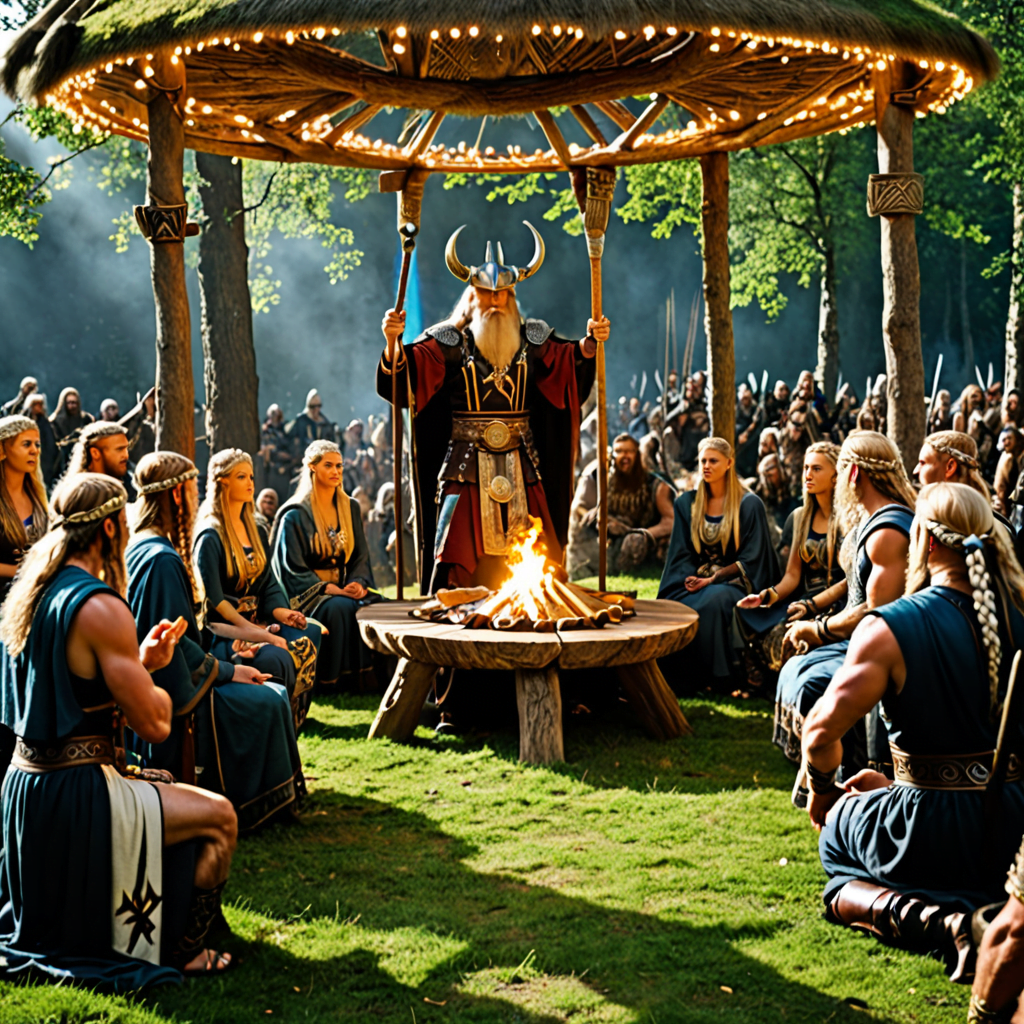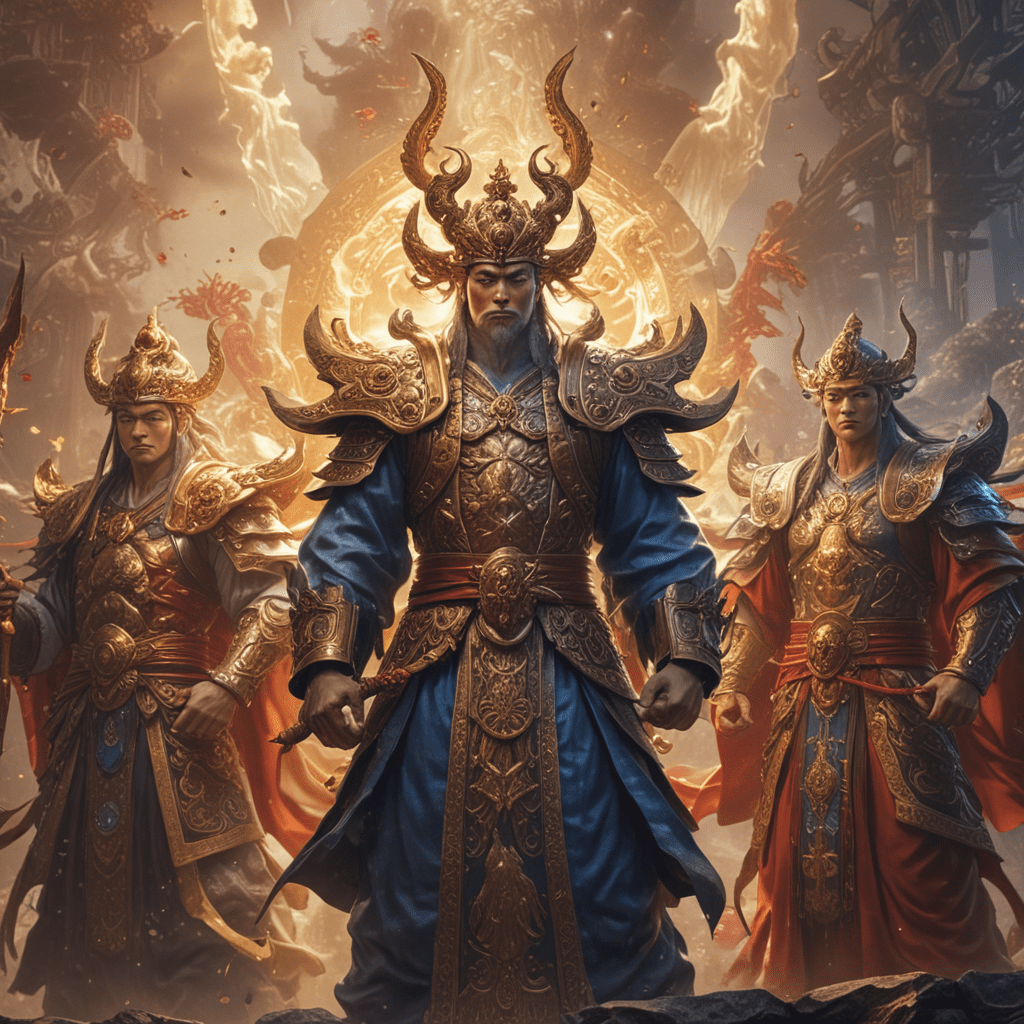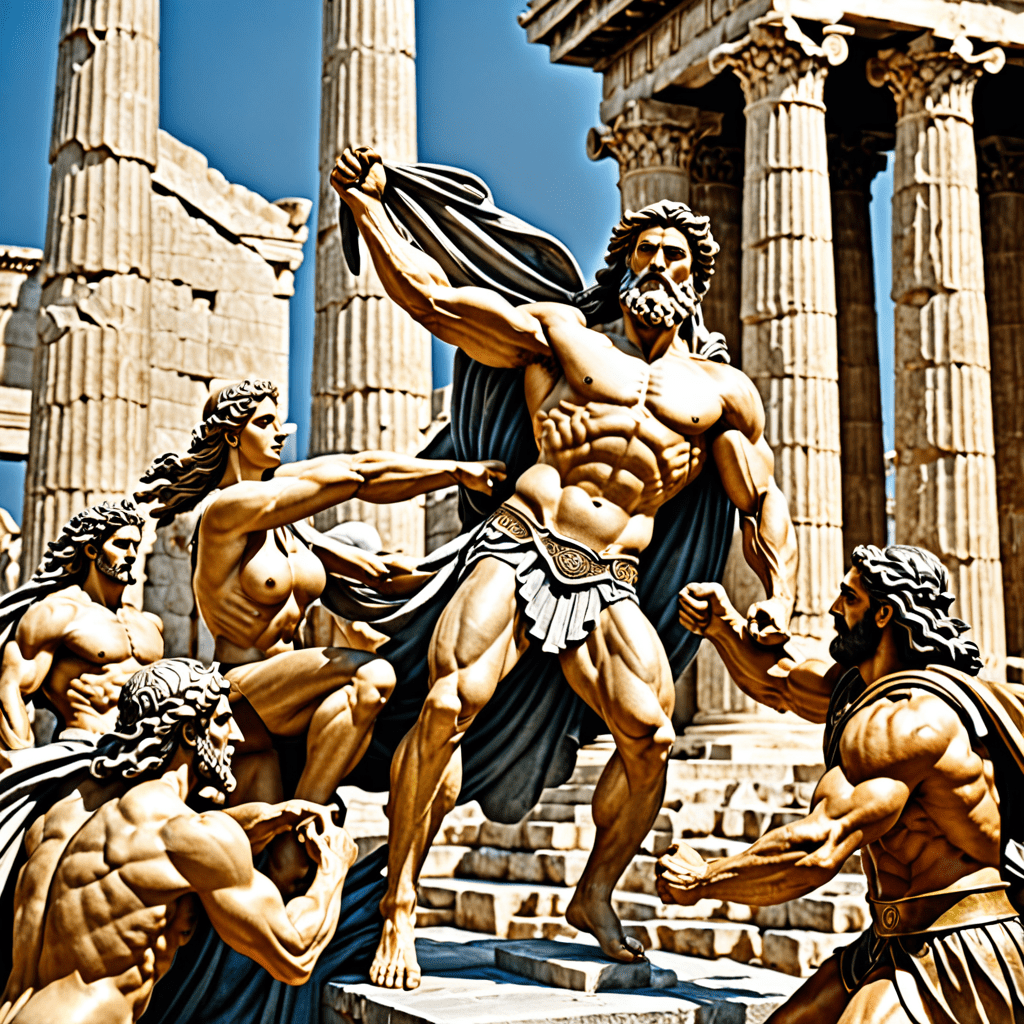The Role of Rituals and Ceremonies in Norse Mythology
1. Understanding Norse Mythology
Norse mythology is a rich tapestry of tales and beliefs followed by the ancient North Germanic people, such as the Vikings. Central to Norse mythology are intricate rituals and ceremonies that played a vital role in their religious practices.
2. Significance of Rituals and Ceremonies
Rituals and ceremonies in Norse mythology were not just symbolic gestures; they were essential in maintaining balance and order in the Norse cosmos. These practices were deeply intertwined with their worldview and helped establish connections with their gods and ancestors.
3. Types of Rituals and Ceremonies
Norse mythology featured a variety of rituals and ceremonies, including Blót (sacrificial rites), Sumbel (communal feasting and toasting), Seiðr (shamanistic practices), and more. Each ritual had its unique purpose and significance.
4. Modern Reverberations of Norse Rituals
While Norse mythology’s original rituals are no longer widely practiced, their influence can still be felt today. Elements of Norse ceremonies have been adapted into modern Pagan and Heathen practices, highlighting the enduring legacy of these ancient rituals.
FAQ about the Role of Rituals and Ceremonies in Norse Mythology
What are rituals and ceremonies in Norse mythology?
Rituals and ceremonies in Norse mythology are special practices or actions performed by the gods, goddesses, and human believers to honor, connect with, or appease the deities. These rituals play a crucial role in Norse religious practices and cultural traditions.
How important are rituals and ceremonies in Norse mythology?
Rituals and ceremonies hold significant importance in Norse mythology as they are believed to maintain the cosmic order, strengthen relationships between humans and gods, ensure protection, and mark important events such as births, weddings, and deaths. These practices also serve as a way to pass down traditions and stories through generations.
What are some examples of rituals and ceremonies in Norse mythology?
Examples of rituals and ceremonies in Norse mythology include Blót (sacrificial offerings), Symbel (feasting and toasting to honor the gods), Funerals (send-offs for the deceased), and rites performed during seasonal celebrations like Yule and Midsummer. These practices were deeply ingrained in Norse society and reflected their beliefs and values.



